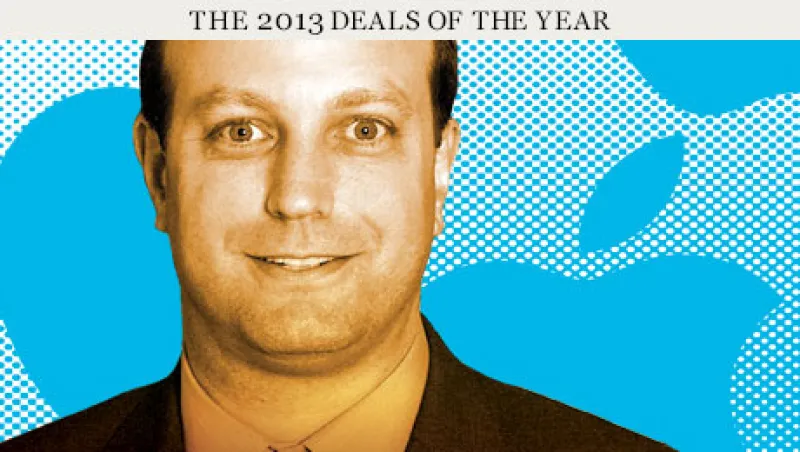
2013 Deals of the Year: Apple Bond Issue Makes History
Briefly the biggest corporate bond sale of all time, the iPhone maker’s $17 billion offering helps finance a big cash reward for shareholders.
Georgina Hurst
December 16, 2013


